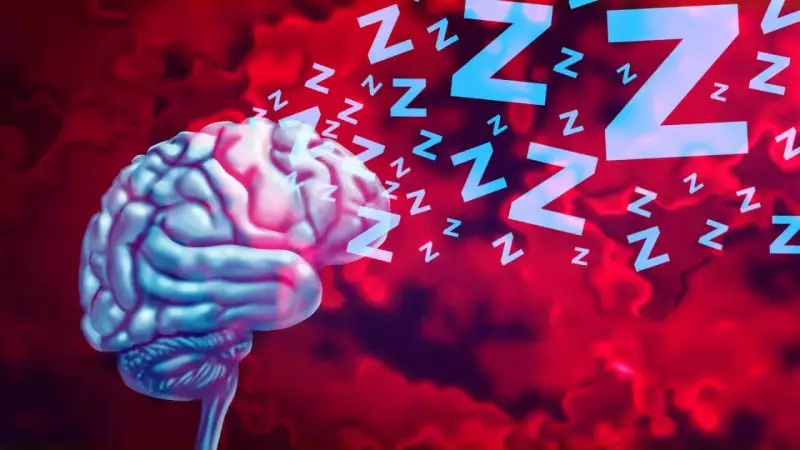
While you're peacefully sleeping, your brain is working overtime on a crucial cleaning mission that could determine your long-term cognitive health. Groundbreaking research has uncovered that your brain literally washes itself during sleep, but there's a specific factor that makes this process dramatically more effective.
The Brain's Secret Cleaning Crew
Scientists have discovered that during deep sleep, your brain activates what's called the "glymphatic system" - a sophisticated network that acts like a biological dishwasher for your mind. This system pumps cerebrospinal fluid through your brain tissue, flushing out harmful toxins and metabolic waste that accumulate throughout your waking hours.
The Alzheimer's Connection
This nightly cleaning ritual is particularly vital because it targets proteins like beta-amyloid, which are strongly linked to Alzheimer's disease and other neurodegenerative conditions. When this cleansing process is disrupted, these toxic proteins can build up, potentially leading to serious cognitive decline over time.
The Sleep Position That Maximizes Brain Cleansing
Here's where it gets fascinating: research indicates that sleeping on your side (specifically in a lateral position) significantly enhances this brain-cleansing process. This position appears to optimize the flow of cerebrospinal fluid through your brain, making the detoxification more efficient compared to sleeping on your back or stomach.
Why Side Sleeping Works Best
- Improves cerebrospinal fluid circulation
- Enhances waste removal efficiency
- Supports better brain oxygenation
- Reduces pressure on neural pathways
Beyond Position: Other Factors That Boost Brain Cleansing
While sleep position is crucial, several other factors contribute to optimal brain detoxification:
- Consistent Sleep Schedule: Going to bed and waking up at the same time regulates your brain's cleaning cycles
- Deep Sleep Quality: The glymphatic system is most active during deep, non-REM sleep stages
- Sleep Duration: 7-9 hours allows for complete cleaning cycles
- Sleep Environment: Cool, dark, and quiet rooms promote deeper sleep
The Long-Term Impact on Brain Health
Regular, quality sleep isn't just about feeling rested - it's about giving your brain the maintenance it needs to function optimally for years to come. By prioritizing proper sleep habits and positions, you're essentially investing in your cognitive future, potentially reducing your risk of memory disorders and maintaining sharper mental function as you age.
The science is clear: how you sleep directly affects how well your brain cleans itself. Making simple adjustments to your sleep position and habits could be one of the most powerful investments in your long-term brain health.





